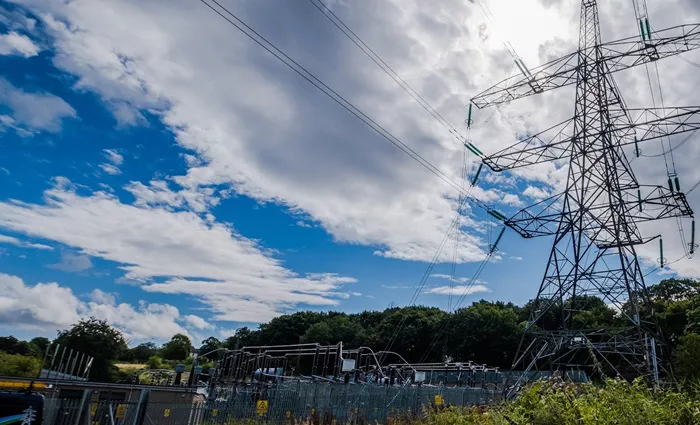Scottish and Southern Electricity Networks (SSEN) Distribution is testing new net zero solutions to replace its fleet of fossil-fuel generators used during power outages.
This initiative is part of SSEN’s goal to reduce its carbon intensity by 80% by 2030. As part of the trial, SSEN connected a large battery pack to the network through a substation in Slough to assess its performance during power interruptions.
Currently, SSEN uses generators in certain situations to provide power during prolonged outages. However, as part of its commitment to net zero, the company is actively seeking long-term solutions to eliminate emissions from its generator fleet.
In the coming months, SSEN engineers will test various battery electric and hydrogen-powered batteries to evaluate their performance, efficiency, and durability. The results will help guide the procurement of replacements for the existing fossil-fuel generators.
In addition to these trials, SSEN has already reduced emissions from its current fleet by switching to Hydrotreated Vegetable Oil (HVO) instead of white diesel. This change has reduced carbon monoxide and particulate matter emissions by 30%, and the company has avoided 752 tonnes of CO2 emissions so far this year. HVO is also free from aromatics and sulfur.
Richard Gough, SSEN’s Head of Region for Thames Valley, said, “At SSEN, we are committed to delivering net zero and are constantly looking for effective solutions to get there faster. Our trials with alternatives to fuel-powered generators are a step forward. The successful deployment of a battery-powered generator during a network outage is just one example of how we’re testing new technologies. These trials will help ensure we provide safe, affordable, and sustainable solutions for our customers.”
SSEN’s ongoing work is part of its larger strategy to explore new technologies and continue advancing toward a greener energy future.
Related Topics
- More Than 100 Generators Donated To North Carolina Relief Efforts
- Caramoan Island Barangay Maintains Power During Storm
- Tamil Nadu Plans 25 GW Wind Power By 2030 To Address Shortages

